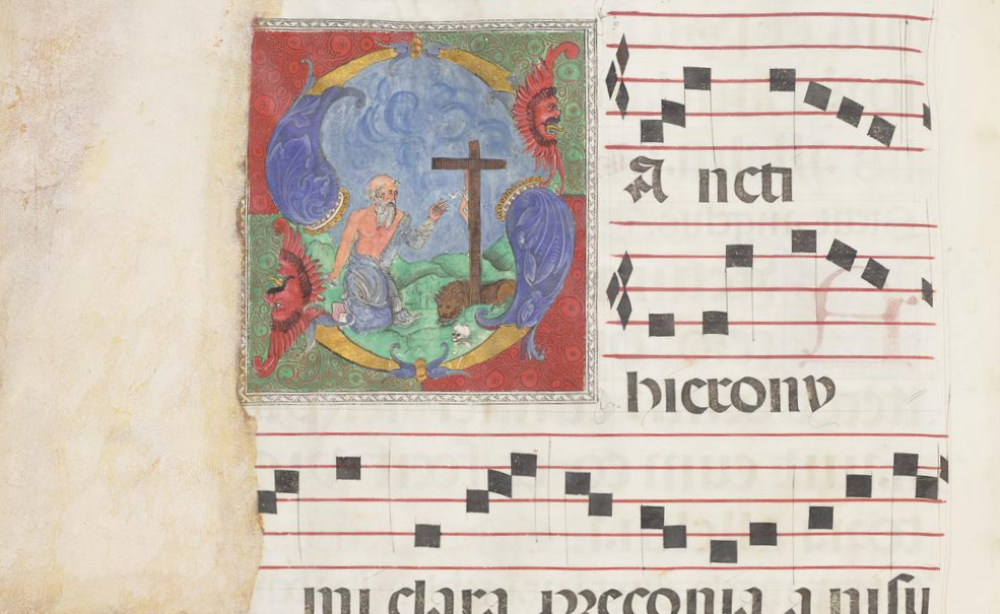
Océane Boudeau (principal researcher) is an assistant researcher at the Centre for the Study of Sociology and Aesthetics of Music (CESEM) at the Nova University Lisbon. She is also an associated researcher in the research centre Savoirs et Pratiques du Moyen Âge au XIXe siècle (SAPRAT) at the École Pratique des Hautes Études (Paris). Her thesis was on the Office of the Circumcision from Sens, and she is currently working on liturgical music from Portuguese sources and the networks of creation and diffusion of chant repertories within the Iberian Peninsula.

João Pedro d’Alvarenga (co-principal researcher) is a principal researcher at CESEM. He has been executive secretary of the managing board of CESEM since January 2015, and coordinator of the Early Music Studies Research Group since March 2014. He has worked at CESEM since January 2009. Before that he taught at the University of Évora for fourteen years and headed the Music Service at the Biblioteca Nacional de Portugal between 1991 and 1997. His research focuses on early music and its sources from the Middle Ages to the Late Baroque, especially music connected to Iberian topics.

Laura Albiero is a researcher with a focus on palaeographical, codicological and social interrelations in the use of liturgical manuscripts and in the transmission of liturgical texts and music. She graduated in musicology (University of Pavia), she has a PhD in palaeography (La Sapienza, Rome) and a Diploma in manuscript studies. She was a visiting fellow at the Bodleian Library (2016), manuscript curator at the BnF (2017-2018) and senior fellow at the University of Fribourg (Fragmentarium project, 2019), and she is the recipient of a research grant from the City of Paris (Émergence 2020).

Diogo Alte da Veiga is an early music researcher and PhD student at CESEM, with a focus on plainchant in Iberian medieval manuscripts. He is an invited assistant professor at the Music Department of the University of Minho. He has a master’s degree in historical musicology (NOVA University), is a graduate in Gregorian chant and has training in early music – traverso (graduate and training at the Superior School of Music of Lisbon and the School of Arts of Utrecht). He is a historically informed performer of plainchant (conducting and singing) and of seventeenth- and eighteenth-century chamber music (playing period instruments).

David Andrés Fernández is a lecturer at the Complutense University of Madrid and an honorary research associate at the University of Bristol. His research interests include medieval and early modern Spanish processional plainchant and liturgical music in the Spanish New World. He has published in both English and Spanish, and has participated in conferences in Europe, Latin America, Australia and the United States of America. He is the author of Mapping Processions: Four sixteenth-century music manuscripts in Sydney. Edited with a foreword by Jane M. Hardie (The Institute of Medieval Music, 2018).

Zuelma Chaves is a PhD candidate in historical musicology, at the Faculty of Social Sciences and Humanities (FCSH) at Nova University. She has a doctoral grant from the Portuguese Foundation for Science and Technology. Under the supervision of Manuel Pedro Ferreira she completed a master’s degree in musicology at NOVA University with a dissertation entitled “The Office of the Dead in Portugal: The monophonic repertoire in Portuguese sources up to c. 1700”. Her main areas of interest are the study of early music (plainchant, codicology and musical palaeography), organology and terminology.

Carla Crespo is a PhD student in historical musicology, at the Faculty of Social Sciences and Humanities (FCSH) at NOVA University. She has a master degree in the same institution supervised by Manuel Pedro Ferreira. She is a research fellow at CESEM, a member of the CESEM group “Early Music Studies” and currently a grant holder in the project Texts and Voices Lost and Found.

Luísa Correia Castilho is a coordinating professor at the Polytechnic Institute of Castelo Branco, an integrated member of CESEM and a collaborating member of Age.Comm. She has a PhD in music and musicology from the University of Évora. She has participated in national and international congresses and colloquia in the field of musicology and education. She has published articles in national and international journals. She was part of research projects including: Ordo Christi – Artistic Heritage of the Order of Christ between the Zêzere and Tagus (15th and 16th centuries), and Texts and voices lost and found: Recovering, reconstituting, and recreating musical fragments (c. 1100-c. 1600).
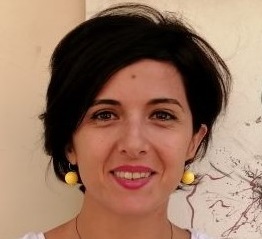
Elsa De Luca is currently pursuing palaeographical research through the research project A pre-Gregorian musical repertory under scrutiny: neumes, scribes, and books of the Old Hispanic Chant. She is coordinator of the Portuguese Early Music Database; co-director of the book series Musicalia Antiquitatis & Medii Aevi, published by Brepols; and she served as board member and administrative chair of the Music Encoding Initiative. Elsa holds a PhD in historical musicology (Università del Salento, 2011) and a Piano Diploma (2002).

Manuel Pedro Ferreira is a professor at NOVA University. He has a PhD from Princeton University. Since 2005 he has chaired the Centre for the Study of the Sociology and Aesthetics of Music (CESEM). From 1995 onwards he has performed and recorded with the early music ensemble Vozes Alfonsinas, as its founder and director. He has published over a hundred scholarly papers and several books, including Musical Exchanges, 1100-1650: Iberian connections (Kassel, 2016). He is a member of the Academia Europaea and director-at-large of the International Musicological Society.

Kristin Hoefener studied musicology, medieval philology, history and art history in the Netherlands (University of Amsterdam) and France (EPHE), as well as singing and early music at the conservatory in Tilburg. She holds a PhD in musicology from the University of Würzburg (Germany). She is currently a Marie Skłodowska-Curie fellow at the Nova University with a project exploring the medieval manuscripts of the convent of Aveiro.

Inês Leão Martins (BI) studied harp at the Music Academy of Alcobaça, where she obtained grade 8. She then graduated in Music Sciences from Nova University Lisbon. To date, she has prioritised teaching, which has allowed her to gain experience in teaching harp, piano, music training, and music for babies. Currently, she attends the Master in Music Sciences – Historical Musicology at Nova University Lisbon, and is a research fellow at CESEM as a participant in this project.

Alberto Medina de Seiça is a research fellow at CESEM, Nova University. He gained his PhD in musicology at NOVA in 2019 under professor Manuel Pedro Ferreira, with a dissertation on late plainchant. He is a member of the CESEM Early Music Group, and he is development coordinator of the Portuguese Early Music Database. He is also a member of the Scientific Committee of Catálogo do Arquivo Musical do Museu-Biblioteca da Casa de Bragança.
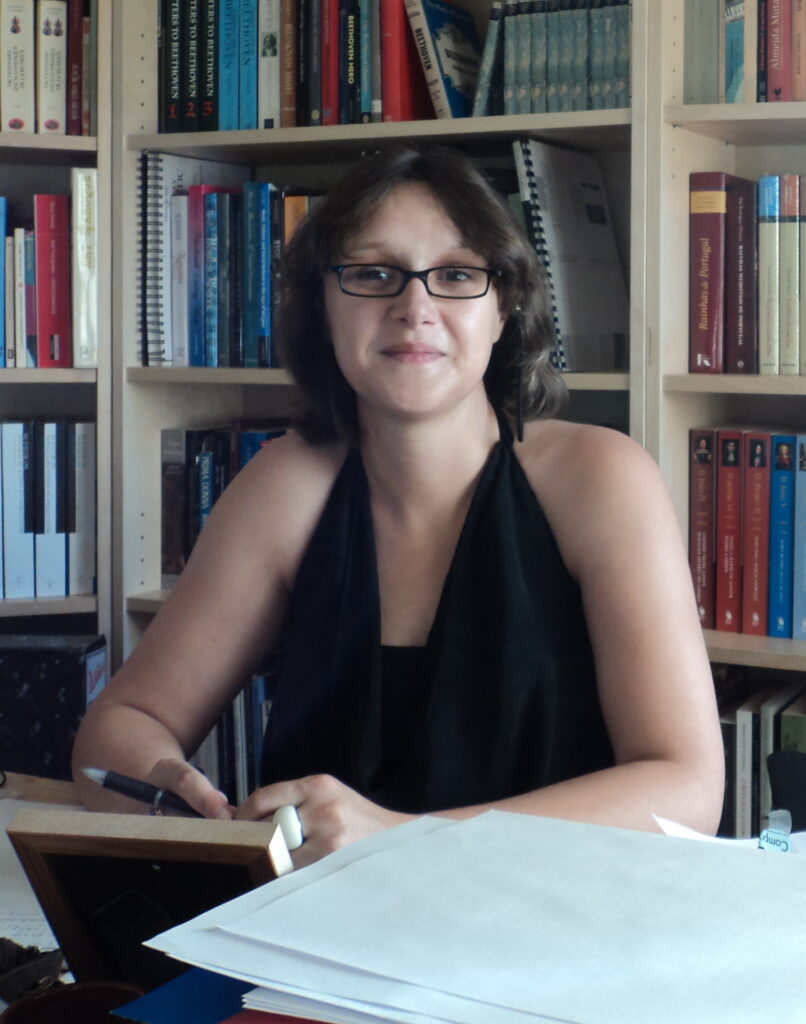
Manuela Morilleau de Oliveira is a PhD candidate in historical musicology at NOVA University Lisbon. Her research is focused on early history, cultural history and women’s history during the reign of Catarina of Austria. She completed her musical studies in viol and early music in 2002. She has a DEUG in musicology (Poitiers, UFR Sciences Humaines, 1998) and graduated in musicology (2006). She gained a masters degree in historical musicology (2012) at NOVA University with a thesis entitled Women of the Portuguese royal family and music: a preliminary study from 1640 to 1754.
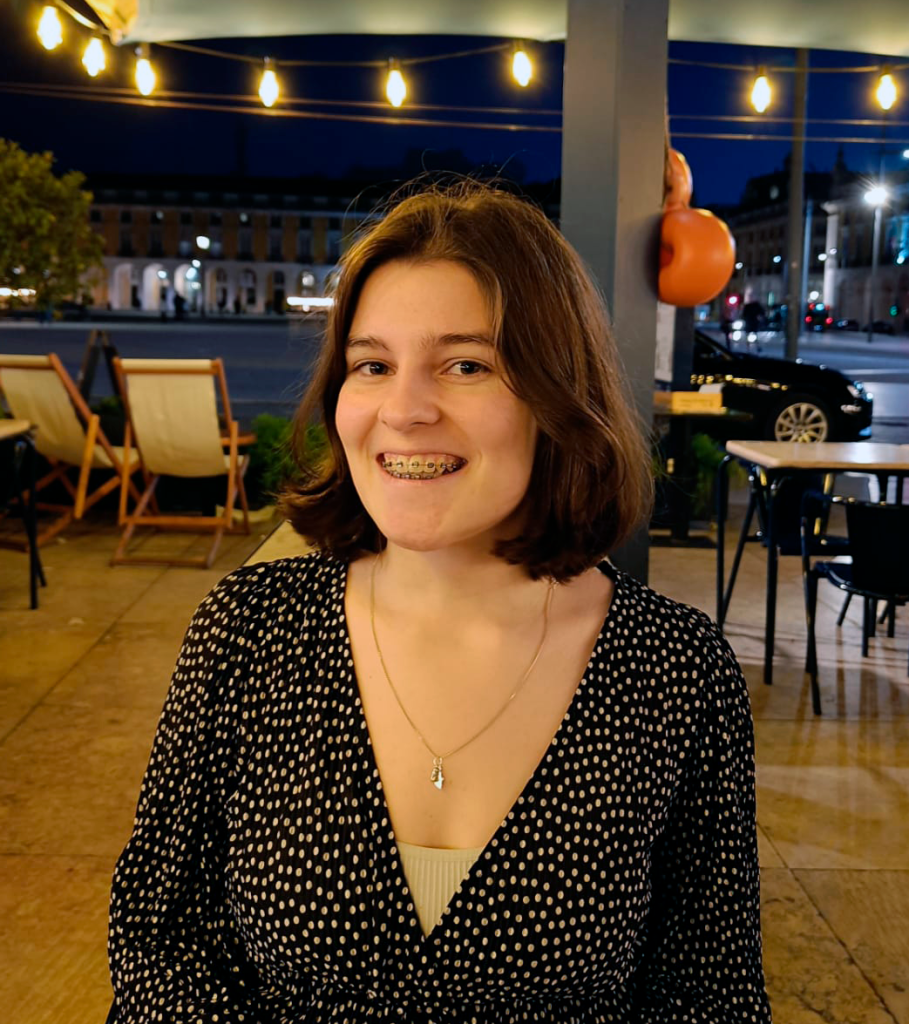
Mariana Carvalho Rosa (BI) began her music studies with clarinet at the Regional Conservatory of Setúbal. Later she completed a degree in Music Sciences at Nova University Lisbon. She has been carrying out activities in the area of music education, including clarinet classes and extracurricular activities with primary school students. Currently, she attends the Master in Music Sciences – Historical Musicology at Nova University Lisbon, and is a research fellow at CESEM as a participant in this project.
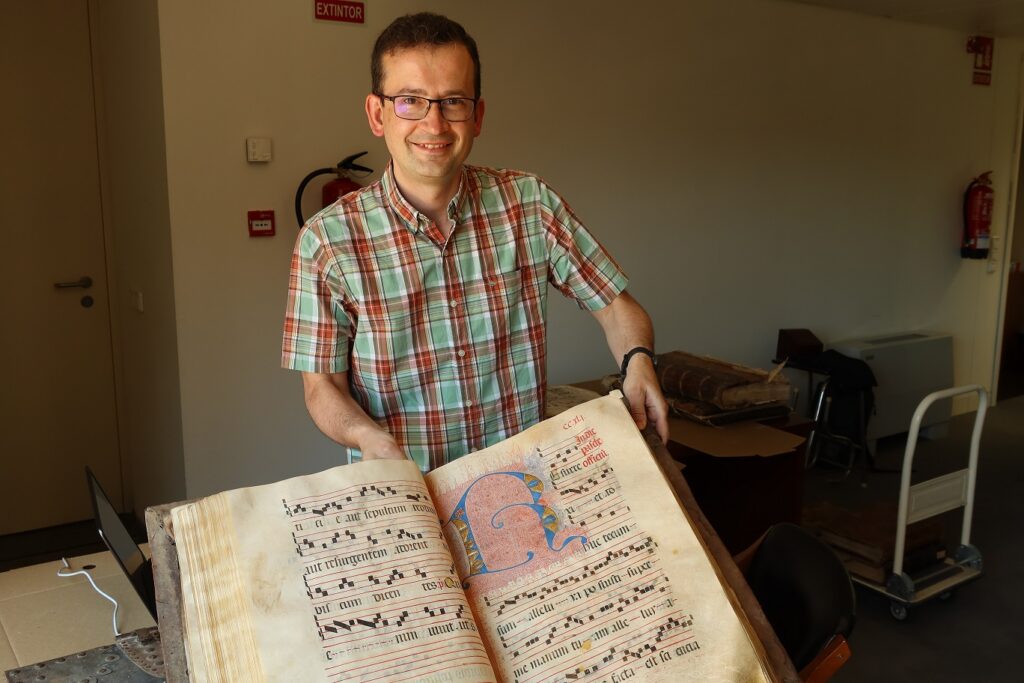
Santiago Ruiz Torres is a lecturer in musicology at the University of Salamanca. He holds a PhD in musicology from the Complutense University of Madrid, and has degrees in piano and choral conducting. His main line of research focuses on Iberian plainsong, from the twelfth to the nineteenth century. He approaches his research from different perspectives, from the cataloging of sources, analysis and performance of the repertoire to theory and music notation. Most of his publications are available at: https://usal.academia.edu/SantiagoRuiz
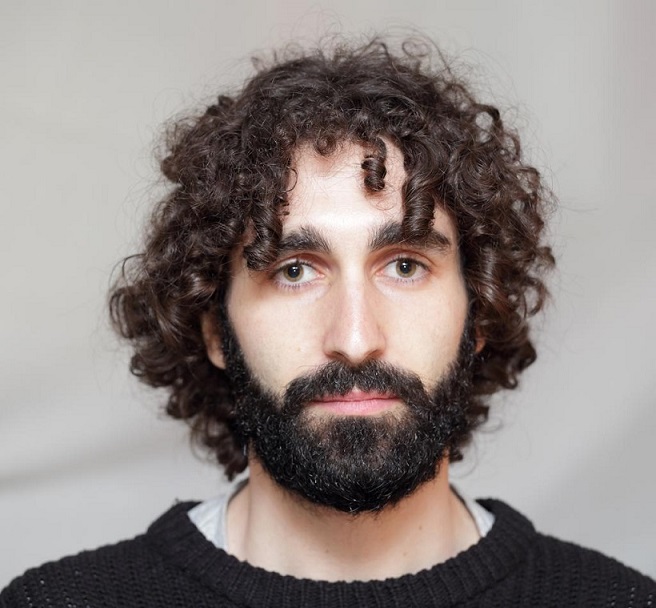
Carlos Sánchez Leonardo is a recorder player and PhD candidate at the University of Coimbra. He has a bachelor’s degree in historical performance from the School of Music and the Performing Arts (ESMAE) in Porto, and a master’s degree in historical musicology from La Rioja University. He also has a master’s degree in historical performance from ESMAE. He is particularly interested in Renaissance music and its techniques, and during his research fellowship at CESEM he developed an aural methodology for the study of Renaissance polyphony based on historical models, with the aim of training ancient music performers to perform in a more historically informed way. He studies cornetto with Tiago Simas Freire at ESML.
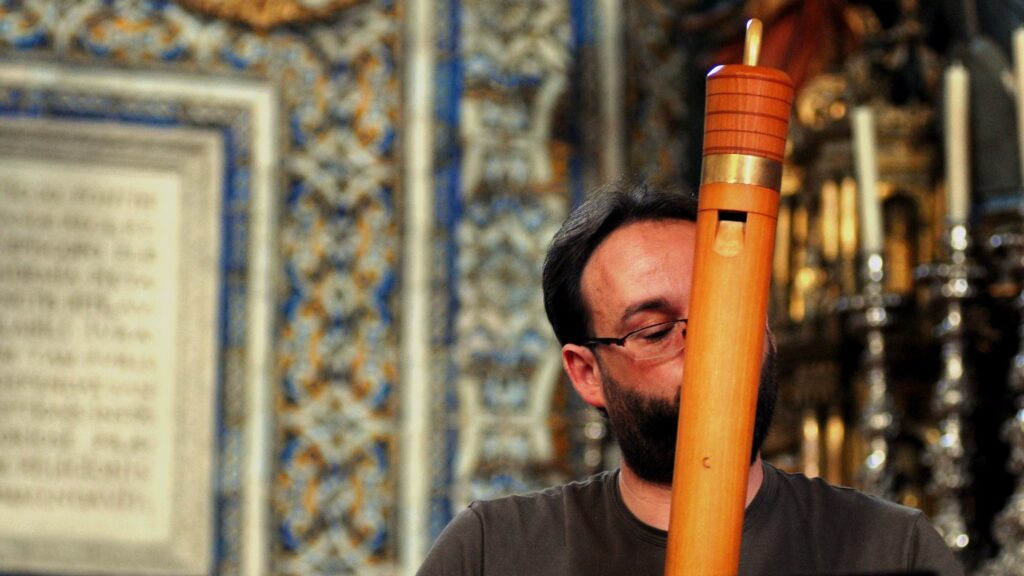
Pedro Sousa Silva (PhD) has an intensive artistic career in the field of renaissance and baroque performance. He has performed around 200 times in European countries and Brazil, as soloist, musical director, or collaborating with world-renowned musicians (Amandine Beyer, Enrico Onofri, Lawrence Cummings, Riccardo Minasi). He is a professor at ESMAE-P.Porto, and he is often invited to give lectures and master classes at some of the most prestigious music institutions in Europe. Pedro is an integrated researcher at CESEM with a focus on polyphonic music from Portuguese sources circa 1500.
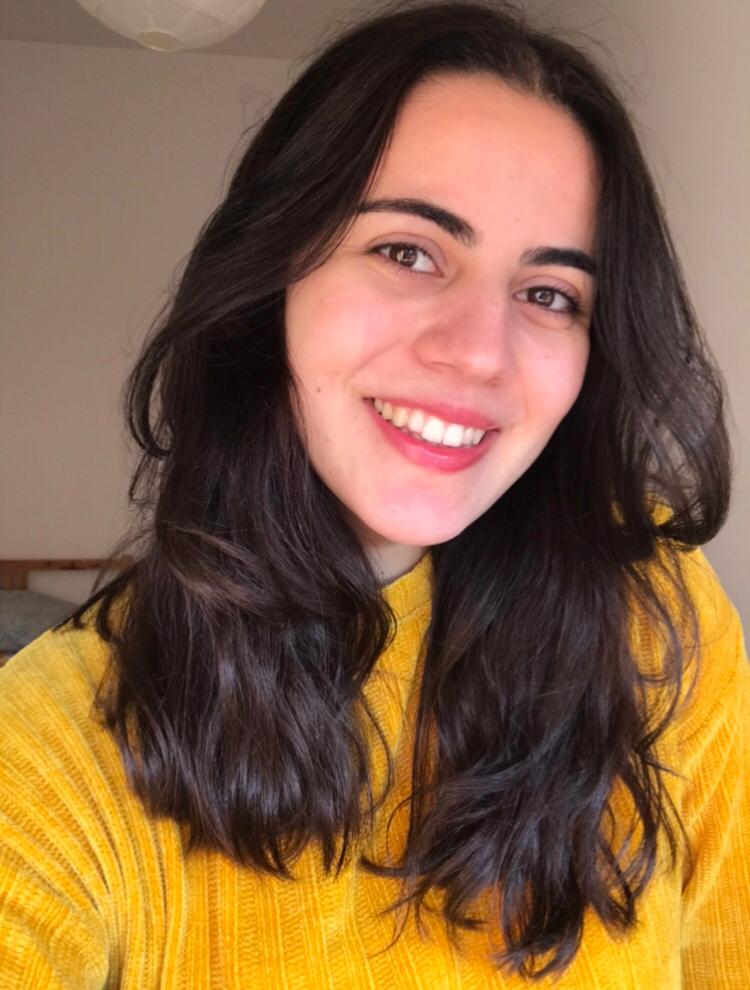
Inês Nunes Trindade is a student on the Master of Musical Sciences – Historical Musicology course at NOVA-FCSH. Her academic career has included volunteer roles at the National Museum of Music and the National Pantheon and a curricular internship at the Musical Informatics Laboratory at CESEM. She was an FCT Research Initiation Scholar for the CONCHA Project at CHAM – Centro de Humanidades at NOVA-FCSH, studying the musical heritage of seaports in the modern period. Inês is interested in early music and historical archival history, as well as in the interpretation of baroque violin.
